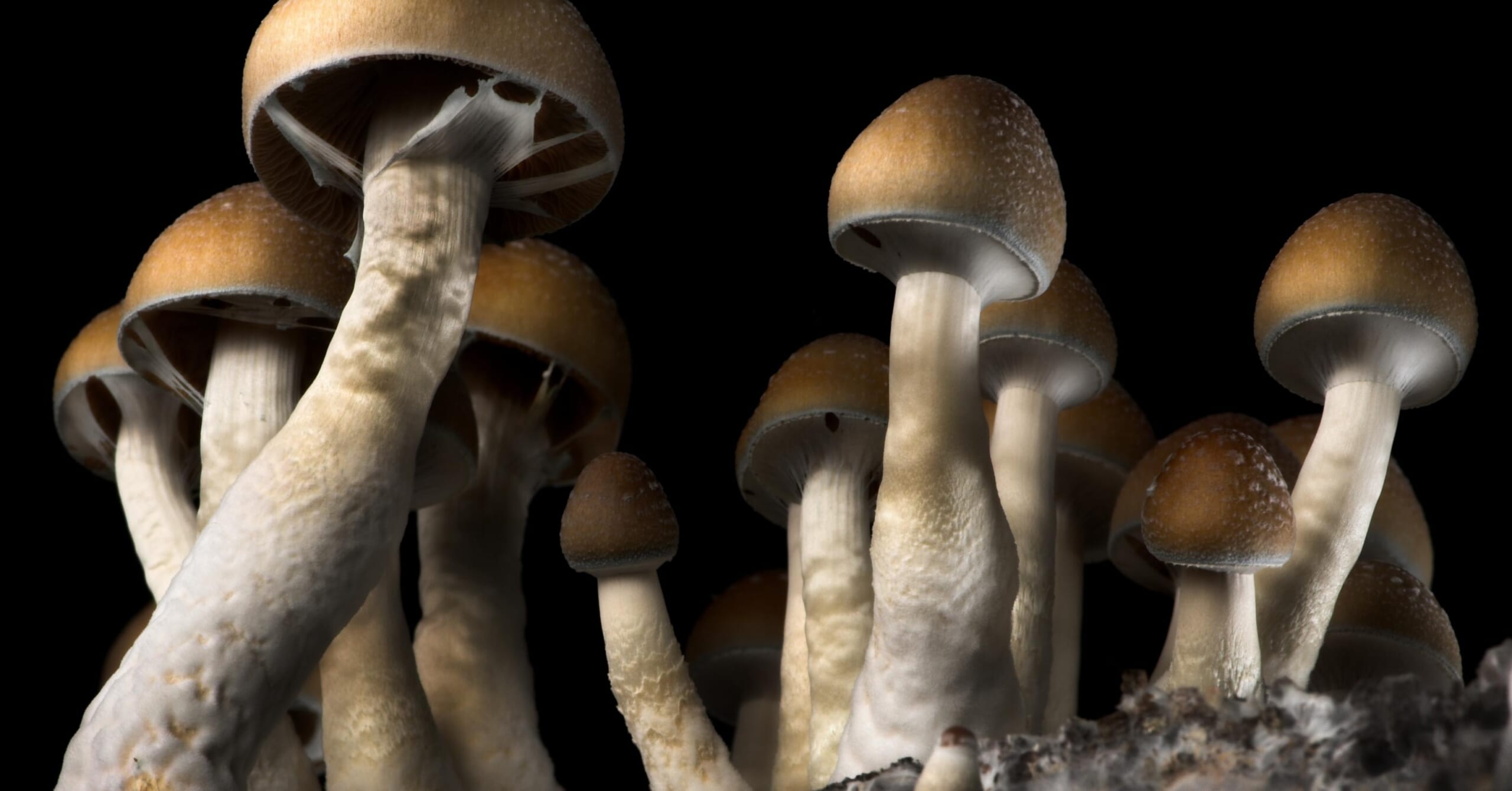Denver Is the First U.S. City To Decriminalize Magic Mushrooms
The Colorado capital made history by becoming the first American city to “vote yes” on decriminalizing psychedelic shrooms.

Denver is the first city in the country to “vote yes” to decriminalize magic mushrooms.
Residents of the Colorado capital appear to have passed Initiative 301. The ballot measure effectively decriminalizes the personal possession and consumption of mushrooms containing psilocybin, a psychedelic compound that causes users to hallucinate, aka “trip.”
New reports on May 7’s vote indicate that I-301 will narrowly pass by just over half a percent of the vote, despite early reports of the contrary. Final results will be released on May 16.
The Denver Post reports:
After closing an early vote deficit Tuesday night and early Wednesday, final unofficial results posted late in the afternoon showed a reversal of fortune — with Initiative 301 set to pass narrowly with 50.6 percent of the vote. The total stands at 89,320 votes in favor and 87,341 against, a margin of 1,979.
Some national media outlets…wrongly called I-301 a bust late Tuesday, based on the early results.
It overcame that margin in the next — and final — round of results.
In a stunning reversal of earlier vote counts, Denver has now become the first U.S. city to decriminalizes magic mushrooms https://t.co/8KybMKK6p9 pic.twitter.com/izWhE0r8qk
— Rolling Stone (@RollingStone) May 8, 2019
While I-301 does not legalize the drug in Denver, it does instruct police “to treat enforcement of laws against possession of psilocybin mushrooms as their lowest priority”—or essentially turn a blind eye to minor mushroom-related infractions.
That said, people found in possession can still technically be charged with a felony that carries a maximum sentence of one year in prison and a fine.
That ambiguity is related to the the open-ended wording of the initiative.
The Washington Post reports,
Denver District Attorney Beth McCann (D)…voiced opposition [to I-301]. After the measure passed, McCann’s spokeswoman, Carolyn Tyler, said the prosecutor supported the review committee created by the referendum and “we’ll study how it’s going to affect the city.”
Tyler noted that “the language in the initiative is open-ended and it will take us some time to implement next steps,” including figuring out how a section about not funding prosecution of mushroom cases would be interpreted.
Tyler said the measure would not change much in the district attorney’s office because “we are not putting people in jail for low-level possession.”
Denver legalized mushrooms, what a great thing
— Dan Bilzerian (@DanBilzerian) May 9, 2019
The “Vote Yes to I-301” campaign began in January of 2018 and was spearheaded by the “Decriminalize Denver” organization, according to Filter.
Its director, Denver resident Kevin Matthews, detailed the steps they took to develop an appropriate wording for the ballot measure in an interview with the mag.
“It took us a couple tries to get the right ballot language,” Matthews said. “We submitted two early versions of the language in March and May 2018.”
“We were hoping to be on the November 2018 ballot, but those versions were rejected by the elections board for ‘technicalities’—they thought the language as written would be too confusing for voters. That was when I stepped in as campaign manager and brought together the team and the organization as it exists now.”
Denver residents remember to vote this May, you have the power to decriminalize psilocybin mushrooms, making it the first city in the US to do so! I’m a proud member of the medical advisory board.#Repost @decriminalizedenver
・・・
You know what to do… https://t.co/lXWcZIQZes pic.twitter.com/1o9rxU7VYZ— Dr. Michele Ross (@drmicheleross) April 28, 2019
On their website, Decriminalize Denver writes that their “vision” is not to legalize psychedelic mushrooms, but to do away with “heavy fines, felony charges, and incarceration” as consequences of possession.
As Time notes, preliminary studies indicate that shrooms could be used to treat a variety of mental health conditions including depression and anxiety.
The next logical step would be to knock the drug’s DEA status down from schedule I to schedule IV.
Time reports:
The results [of the preliminary studies] are compelling enough, and the rates of abuse low enough, that in 2018, researchers from Johns Hopkins wrote a paper arguing that psilocybin should be reclassified from a schedule I drug to a schedule IV drug, as long as it clears clinical trials in the coming years.
The Drug Enforcement Administration considers schedule I drugs, like heroin, to have high potential for abuse and no accepted medical purpose, while defining schedule IV drugs, like sleeping pills, as those with a low risk of abuse or dependence.
Rescheduling the drug would make it significantly easier for more researchers to study and potentially develop treatments that include it, since they would require fewer licenses and permissions to examine it in the lab. Marijuana’s current status as a schedule I drug has contributed to the dearth of research about its health effects, experts say, and researchers say the same is true of psychedelics.

“We’re sending a clear signal to the rest of the country,” Matthews added, “that America is ready to talk about psilocybin.”
“We have work to do, we’re ready for it and we couldn’t be happier.”
As far as where shrooms could be legalized next, Esquire says keep an eye on Oregon.
Up next to vote on shrooms is Oregon, where activists are trying to collect enough signatures to get psilocybin on a 2020 state-wide ballot.
Their initiative focuses on “psilocybin-assisted therapy” and would permit licensed manufacturers to administer it to “qualifying adults” under regulations—similar to states with medical marijuana programs. It would also cut back on criminal penalties related to psilocybin.
Twenty-nineteen could be the year that launches the era of the magic mushroom.
